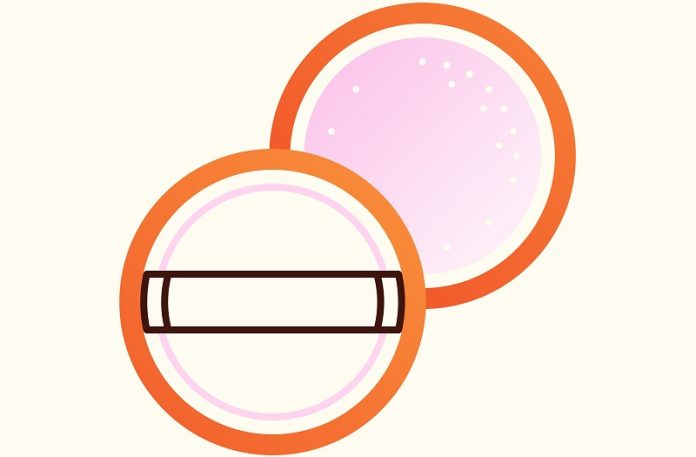
A recent study led by the University of Sydney has highlighted the serious dangers that button batteries pose to young children.
These small batteries, commonly found in household items like remote controls, watches, toys, and hearing aids, can cause severe injuries or even death if swallowed or inserted into the nose or ear by a child.
The study, published in the World Journal of Pediatrics, examined more than 400 cases of button battery injuries worldwide.
It found that severe injury can occur in as little as two hours after a child swallows a button battery, and the situation can become life-threatening in less than six hours.
Children younger than 2 years old are at the highest risk, particularly when they swallow button batteries that are 20 mm (2 cm) in diameter or larger.
These batteries are small enough to be easily swallowed but large enough to get stuck in a child’s esophagus, where they can cause serious damage.
Lead author Dr. Carlos Nunez, from the Australian Pediatric Surveillance Unit at the University of Sydney, emphasized the urgency of removing a swallowed battery as quickly as possible.
The study found that children who did not have the battery removed within six hours were almost eight times more likely to die.
“Once a child has swallowed a button battery, it becomes a race against time since injury can occur within a couple of hours,” said Dr. Nunez.
The study also highlighted the challenges that medical professionals face in diagnosing button battery ingestion.
Symptoms like choking, difficulty feeding, and coughing are common at first but can later change to vomiting and drooling, which may be mistaken for other illnesses like gastroenteritis or respiratory infections.
Christopher Tran, another author of the study, stressed the importance of keeping button battery ingestion in mind when treating young children with sudden respiratory or gastrointestinal symptoms.
When a child swallows a button battery, it can cause a chemical reaction that burns and dissolves the tissue in the esophagus, leading to severe injuries.
The study revealed that over a quarter of the injuries involved burns to the esophagus, and nearly a quarter of cases resulted in extremely severe injuries, such as the battery burning through the esophagus into the trachea.
In some tragic cases, the battery created a hole in a major vein or artery, causing fatal bleeding.
The study found that nearly 9% of ingestion cases resulted in death, with bleeding being the most common cause.
To prevent such tragedies, the researchers are calling for global regulations similar to those recently implemented in Australia and the U.S., which require child-resistant packaging and secure battery compartments in products.
They also emphasize the need for parents to be educated about the safe storage and disposal of button batteries, and for healthcare professionals to be aware of the need for timely diagnosis and intervention.
If you care about wellness, please read studies about how ultra-processed foods and red meat influence your longevity, and why seafood may boost healthy aging.
For more health information, please see recent studies about the power of pickle juice ,and time-restricted eating: a simple way to fight aging and cancer.



